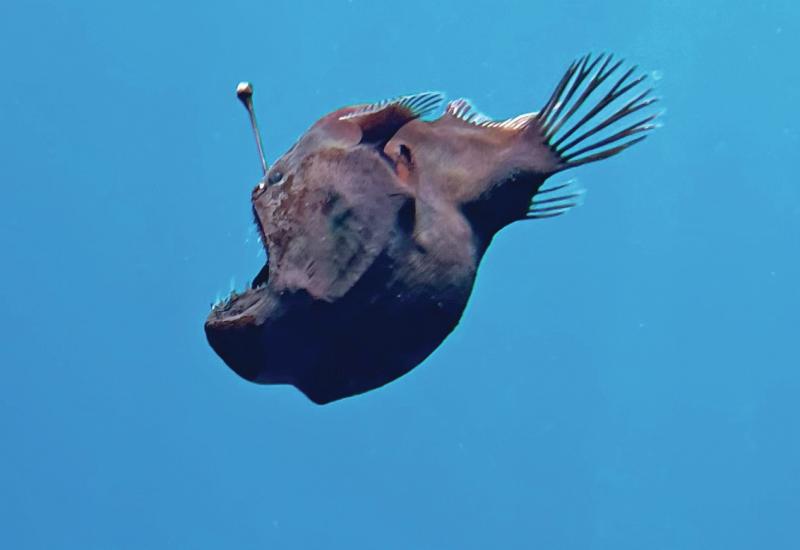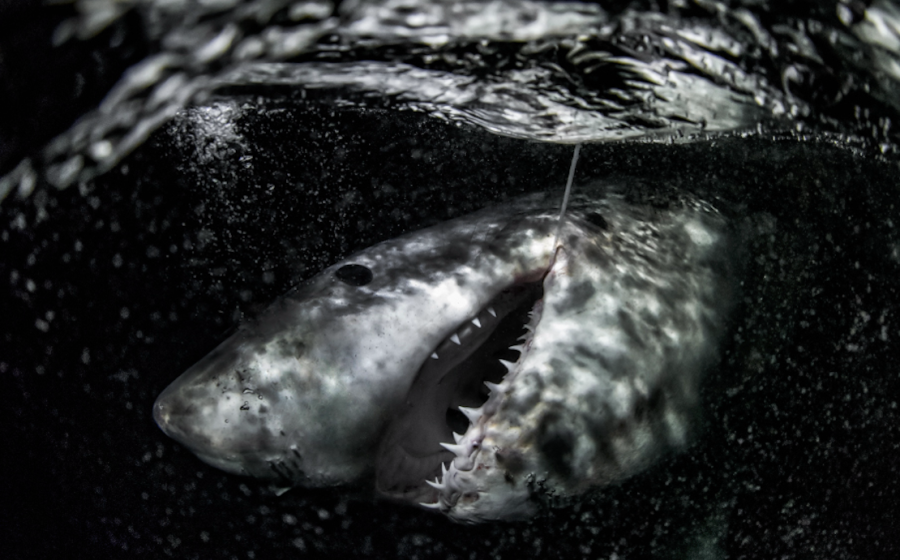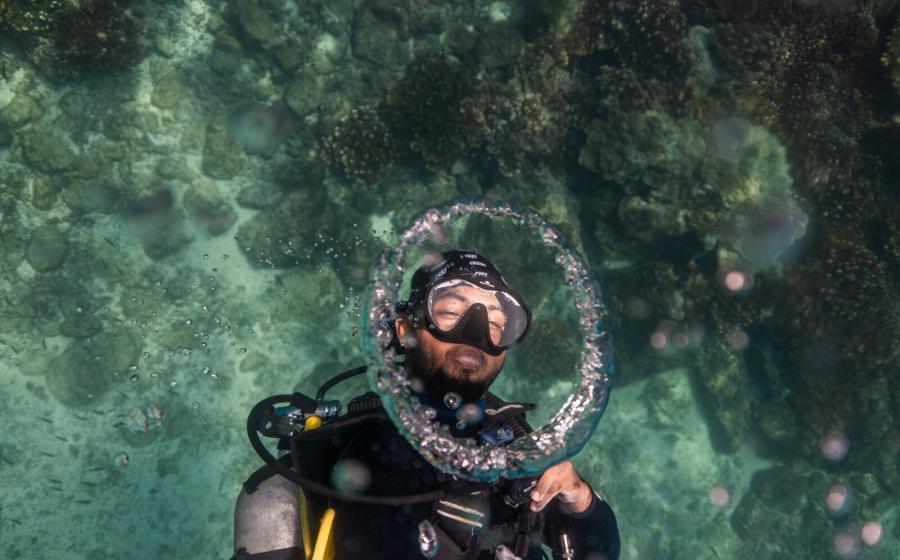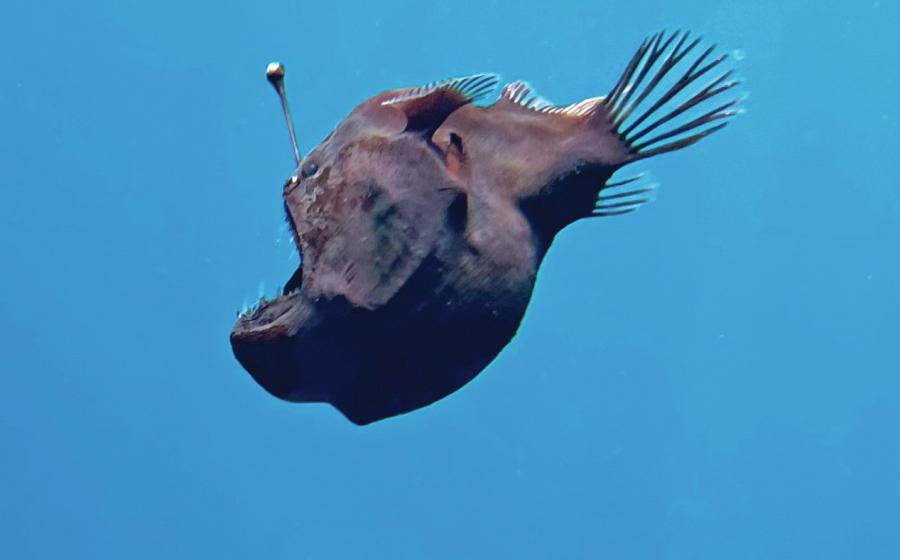Meet the Global Conservation Decision-makers You’ve Never Heard Of

Shutterstock.com/Tobias ArhelgerMotions adopted at the IUCN's World Conservation Congress help set international conservation goals even though they do not carry the weight of law.
In a previous Science Stop column, I introduced you to the International Union for the Conservation of Nature (IUCN) Red List, an important collection of the best available scientific data on the conservation status of wildlife. The IUCN also has other important roles to play in global biodiversity protection, including running the World Conservation Congress every four years. Some of the meeting has been postponed due to the pandemic, but key elements were held virtually in October. In this column, I’d like to highlight the important role of the WCC, and let you know about some of the important decisions they made at the 2020 virtual Members’ Assembly.
The WCC has two main components: a forum, in which stakeholders discuss and debate environmental issues of the day, and the Members’ Assembly, in which government natural resource management and wildlife conservation agencies and environmental non-profit groups vote on a variety of motions (which are written proposals that aim to influence the global conservation agenda). These motions can set worldwide conservation goals, call attention to emerging issues, offer support for existing initiatives, or result in globally agreed-upon definitions for key term. (This may not sound especially exciting, but when the devil’s in the details, the details matter a lot!)
One important example of agreed-upon definitions comes from the world of marine protected areas. When the goal is to protect 30% of the ocean by 2030 (which, incidentally, was first popularized at the 2016 WCC LINK) it matters what exactly “protect” means—it matters what we’re protecting areas from, how those threats are defined, and what counts as protected!
For example, earlier this summer it was reported that 97 percent of the marine protected areas in United Kingdom waters have been subjected to destructive bottom-trawling. Is that really “protected?” Technically yes, under some definitions! Motion 66 at this year’s WCC, however, hopes to solve this dilemma by formally defining “industrial-scale fishing.”
Are you ready for this exciting news? As of October 2020, industrial fishing is defined as…. Fishing taking place from a motorized vessel that’s at least 12 meters long and six meters wide (as well as some other gear-specific terminology)! I can’t stress enough that globally agreed upon definitions are the bedrock of global biodiversity conservation, and while perhaps not exactly flashy, this agreement is a big deal with worldwide repercussions. Motion 66 also calls on the world’s governments to not allow industrial-scale fishing in protected areas and discounts industrially fished waters from the nation’s contributions toward global oceanic protection goals.
"The IUCN already stated that industrial activities were incompatible with protected areas, but there was no agreement around identifying ‘industrial fishing,’” Angelo Villagomez, a Senior Officer with The Pew Charitable Trusts involved in this motion, told me via email. "This resolution gives guidance to governments and advocates to better design marine protected areas to deliver positive biological outcomes.”
Other motions from this year’s digital congress cover a wide range of ocean conservation issues, including: support for guitarfish and seahorse protections; plans to address marine plastic pollution and reduce bycatch; and protection for coral reef herbivorous fish like parrotfish. Other marine issues addressed in the past include noise pollution, deep sea mining, protecting seamounts, and proper disposal of radioactive waste in the ocean.
WCC motions don’t inherently have the force of law behind them; they rely on participating governments to enact complementary rules and regulations. But setting ambitious global goals and getting governments to agree on key terms is of vital importance for the conservation of wildlife and wild places. In-the-weeds policy work is key for saving the ocean!
About Dr. David Shiffman
Dr. David Shiffman is a marine conservation biologist specializing in the ecology and conservation of sharks. An award-winning public science educator, David has spoken to thousands of people around the world about marine biology and conservation and has bylines with the Washington Post, Scientific American, New Scientist, Gizmodo and more. Follow him on Twitter, Facebook and Instagram, where he’s always happy to answer any questions about sharks.
About Science Stop with Dr. David Shiffman
Before you surface from a deep scuba dive, you make a safety stop. Before you take a deep dive into the complicated world of ocean conservation, I encourage you to make a science stop by reading this column. The global environmental challenges we face can seem overwhelming, and concerned citizens, especially people like scuba divers who love spending time in the ocean, want to help do their part to fix these problems.
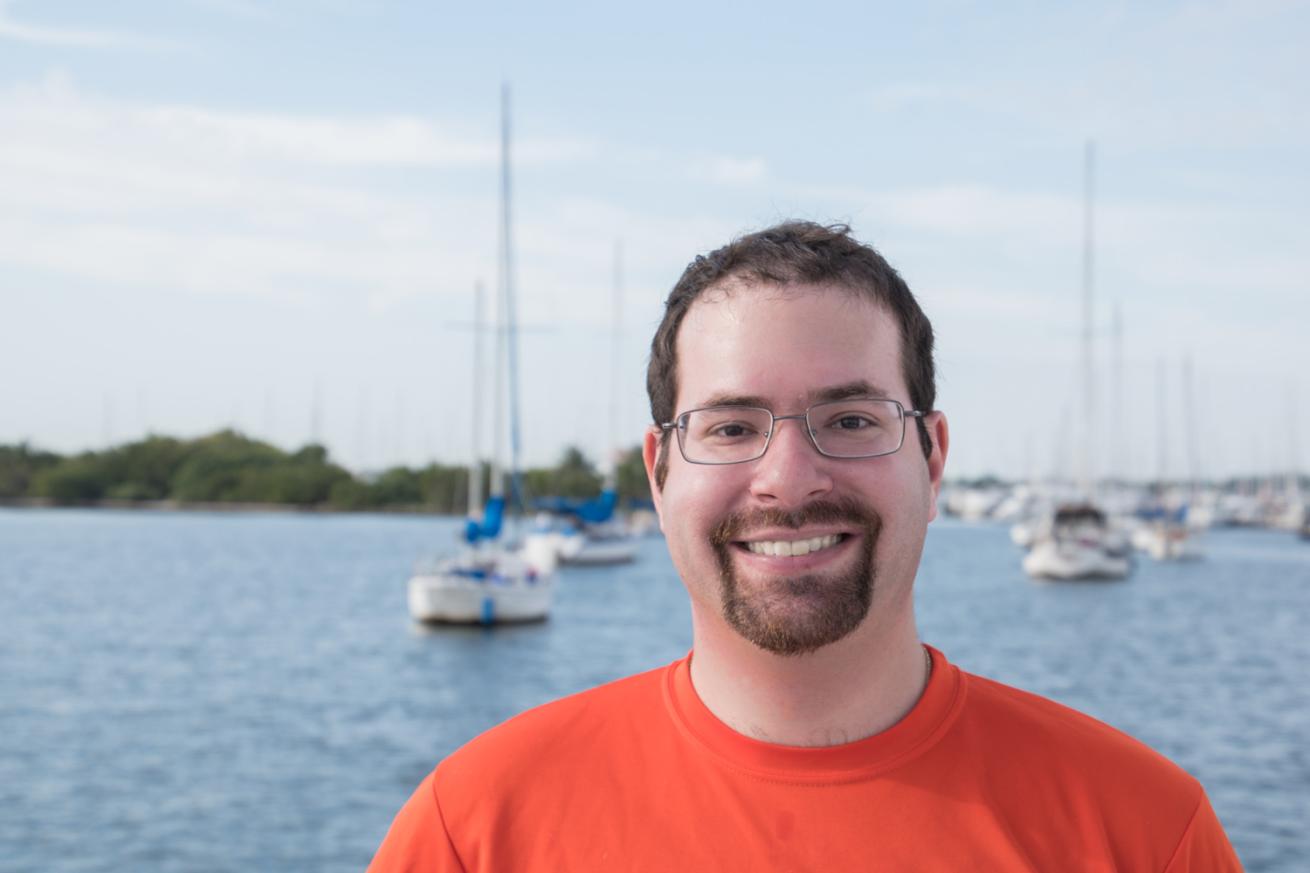
Josh LibermanDr. David Shiffman
However, with lots of conflicting, misleading or just plain wrong information out there about environmental problems and how you can help solve them, it can be hard to know how to help. In some cases, well-intentioned but misinformed activists not only fail to help solve a problem, but can actually make the problem worse, or harder to solve! Put simply, if we’re going to fix the massive problems facing the ocean, the details matter, and those details can be confusing! In this monthly column, my goal is to teach you the true scientific facts behind some of the most pressing threats facing the ocean and the solutions experts believe will help solve them. I will also try to dispel common misconceptions about these threats and their solutions.
The views expressed in this article are those of David Shiffman, and not necessarily the views of Sport Diver or Scuba Diving magazines.

